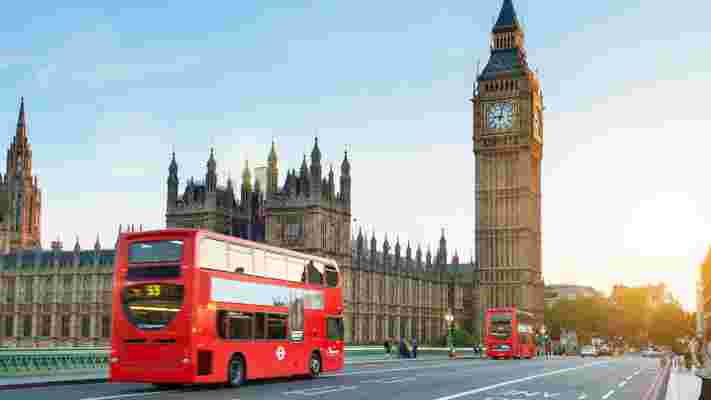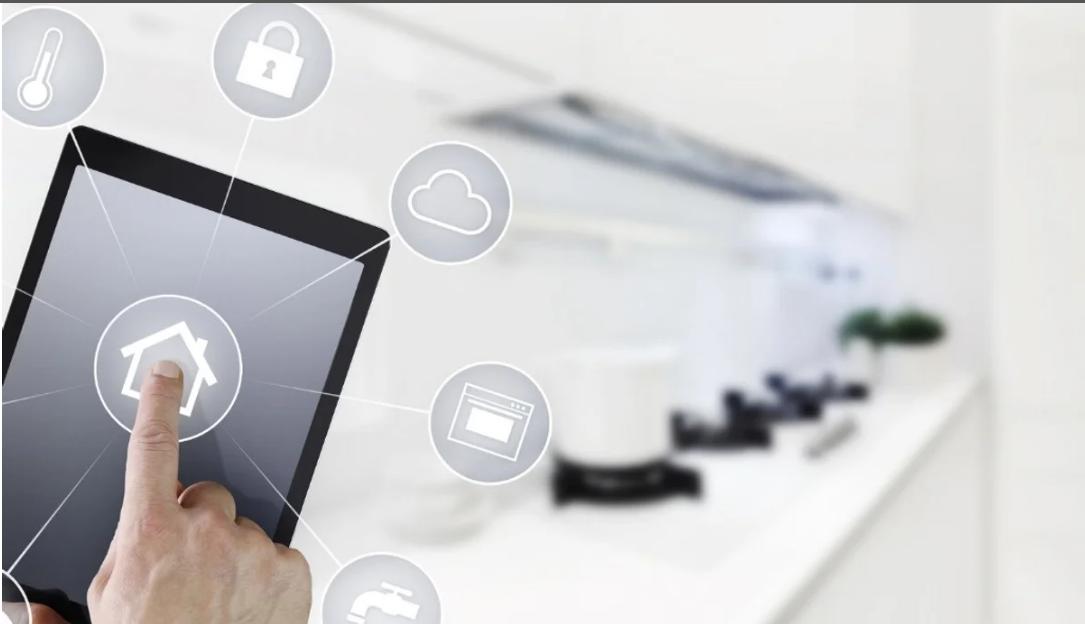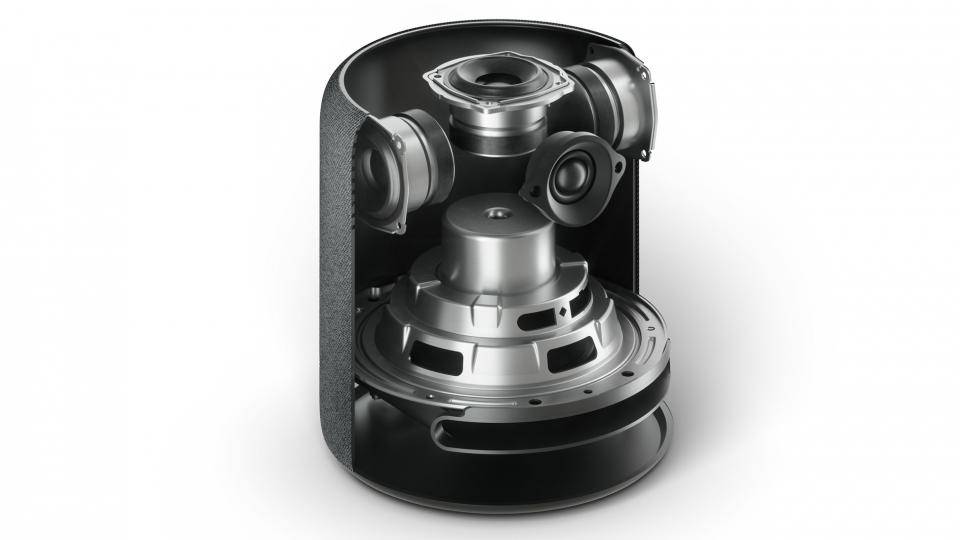Imagine the following scenario: You're on the bus to work, drinking your morning cup of coffee and the bus you're riding is partially being fueled from the coffee you drank a few days earlier. For some commuters in London, this scenario is not from a sci-fi film, it's now a reality. The U.K.-based company bio-bean has started transforming used coffee beans into fuel to help run public buses in London. And this isn't some publicity stunt—bio-bean has recently partnered with Shell and U.K.-based Argent Energy to launch this exciting project.

The way it works is that the company gathers used coffee grounds on a daily basis from thousands of different coffee shops around the United Kingdom. From there, they bring the by-product to their factory in Cambridgeshire (a county north of London) and begin the process of breaking it down into biofuels. That occurs when, after the coffee grounds are dried, oil is extracted, which is then blended with the other fuels used to go into buses. "We believe that there's not a single solution to the energy crisis we are facing," said bio-bean founder Arthur Kay, in an interview with CNN. "And so electrical energy is part of that solution, but what we're also looking to do at bio-bean is really find clean energy solutions that are deliverable today." What Kay means by this is that, with his firm's technology, the money-strapped public transit system in London does not need to change or reinvest in their buses or the engines that run them since the biofuel can already work in traditional, combustible engines. In other words, reusing coffee bean waste won't fully run our cars and buses anytime soon, but it could play a large part in reducing carbon dioxide emissions in urban environments.
Whether you're a believer in this new form of fuel or not, there is no doubting the fact that you will never look at your morning cup of coffee the same way that you used to. So be bold and order that extra large cup of coffee tomorrow morning—you could be playing a part in reducing carbon dioxide emissions.









